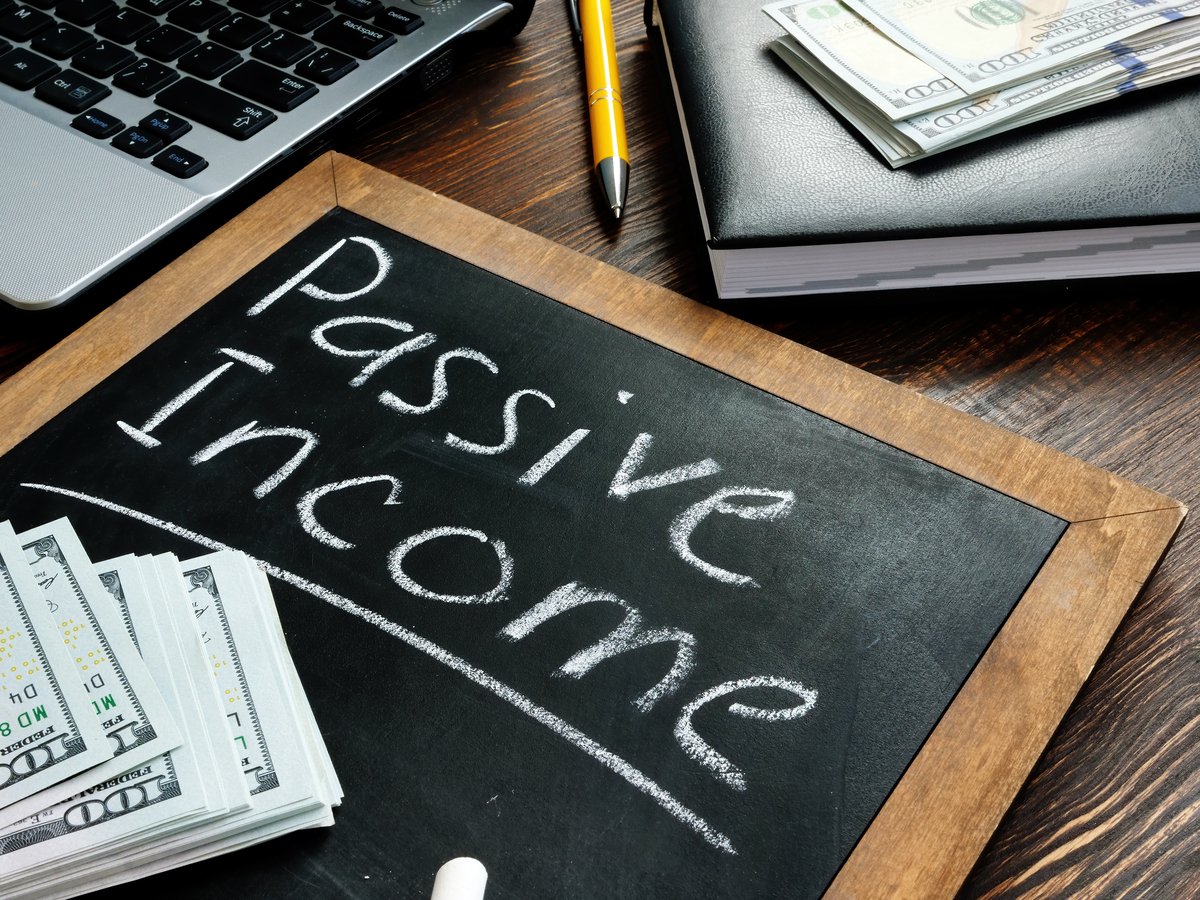The stock market has returned a respectable 2,700% since 1965, the year that McDonald's (MCD +0.87%) filed its initial public offering, or IPO. Shareholders lucky enough to get in early on that fantastic business have been rewarded for that prescience and that long-term holding period. In fact, even a relatively small investment in the fast-food giant could have gone a long way to funding a comfortable retirement five decades later.
But just how much would an early IPO investment in Mickey D's be worth today? Let's take a look.

Image source: Getty Images.
The numbers
The math isn't as simple as taking the stock's return since the IPO date. First, we have to account for the many stock splits that McDonald's has announced over the years. A $100 investment would have yielded you 4.4 shares based on the initial price of $22.50, but McDonald's has performed 12 stock splits that cumulatively expanded share counts by a factor of 729. In other words, your initial 4.4-share holding would have grown to 3,208 shares over the decades. Based on that expanded share total, we can determine the value of your IPO investment, which would be $622,352 based on McDonald's recent closing price in early December 2019 of $194 per share.
There's another element that's at least as important as those stock split adjustments, and that's dividends. McDonald's is a Dividend Aristocrat, having paid and increased its dividend in each of the last 39 years. Dividend reinvestment is a fantastic way to supercharge your returns over long time frames, and that phenomenon is certainly true in this case. McDonald's has paid out $4.73 per share over the four quarters, in fact, which would amount to over $15,000 in annual dividend income on your shares today. That total would be much higher if you allowed previous dividend payments to convert into additional shares over the past half-decade.
Bumps along the way
Holding McDonald's shares for all those years wouldn't have been easy. That time period spans several major global recessions, huge stock market declines (including the 22% single-day slump in 1987), and a few periods of dramatic disruption in the fast-food industry.
It was just a few years ago, in fact, that McDonald's was facing slumping customer traffic as consumers flocked toward fast-casual chains like Chipotle (which McDonald's actually held a minority stake in from 1998-2006). In 2014, when the Tex-Mex upstart was posting double-digit sales gains, its stock returned 28% while McDonald's shares dropped 3%.
The fast-food leader has turned things around since then, though, in part by incorporating more natural ingredients and higher-quality preparation methods into its menu. McDonald's returns have also been boosted by some of its core competitive advantages -- including its highly efficient franchising approach and a massive cash flow position -- that allows it to invest billions of dollars each year into projects, marketing, restaurant remodels, and upgrades.
What's next?
As for 2020 and beyond, New CEO Chris Kempczinski and his team have targeted a return to customer traffic growth in the core U.S. market as central to their growth strategy. So far that goal has eluded the fast-food giant even as rivals like Shake Shack and Starbucks have been posting consistently growing guest counts.
Mickey D's has been posting solid earnings for the past five years, but if it can succeed in raising its growth profile in the U.S. toward the levels it's seeing in booming international areas like France and Australia, then investors could see even better returns going forward. But the long-term growth story is really about the chain consistently adjusting to shifting market conditions while using key assets like its brand, scale, and financial strength to maintain its leadership position in a brutally competitive industry. If it can keep that up, shareholders should see solid returns during McDonald's next five decades on the market.






